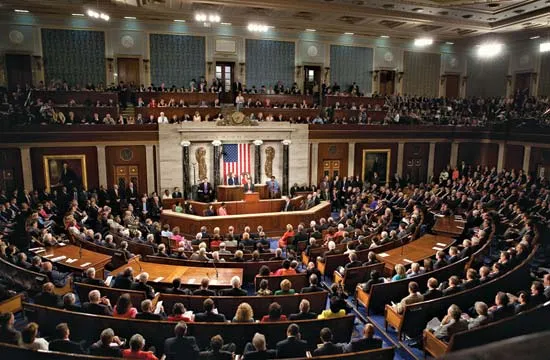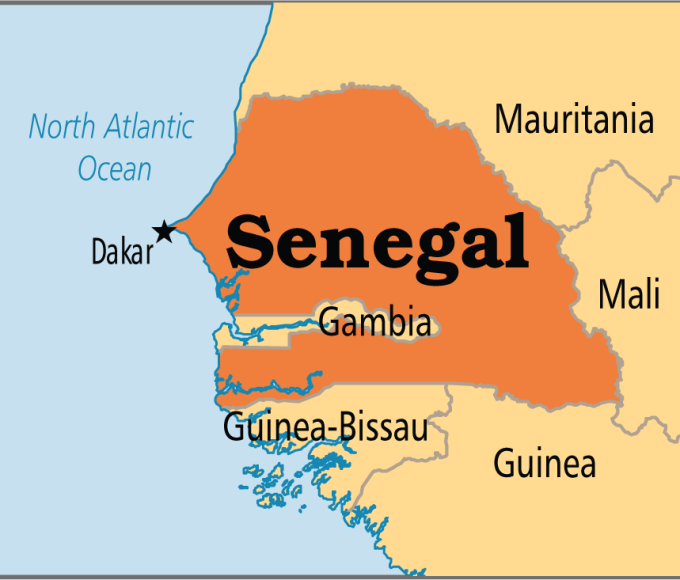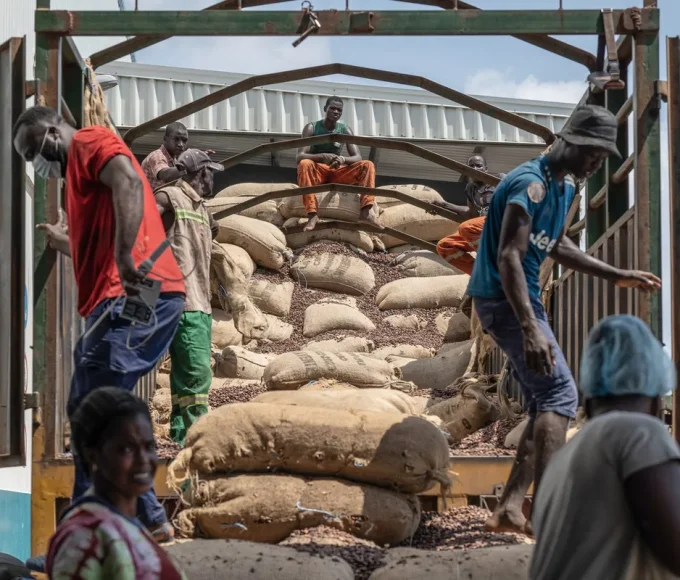
CBN Promises to Reduce Inflation Rate to 21.4%

The Central Bank of Nigeria (CBN), under Governor Olayemi Cardoso, has pledged to reduce the headline inflation rate from a staggering 28.9% in 2023 to a more manageable 21.4% in 2024. This commitment was highlighted during the launch of the Nigeria Economic Summit Group’s 2024 Economic Outlook report.
The CBN’s inflation-targeting policy is central to these efforts. By focusing on clear communication, utilizing monetary policy instruments effectively, and collaborating closely with fiscal authorities, the bank aims to achieve a more stable price environment.
This approach is expected to benefit businesses by providing predictability in costs, potentially leading to lower policy rates. This, in turn, could stimulate investment, fuel growth, and create job opportunities.
Key to achieving this is the stabilization of the Naira, which Cardoso deems undervalued.
“We believe that the naira is currently undervalued, and coupled with coordinated measures on the fiscal side, we will expedite genuine price discovery in the near term; this coordinated approach will contribute to a more balanced and stable exchange rate,” he said.
CBN’s strategy includes the reduction of the import of petroleum products and the implementation of a market-determined exchange rate policy, which aims to unify and streamline multiple exchange rates. This will, in turn, enhance transparency and reduce arbitrage opportunities.
These reforms are anticipated to attract foreign investment by boosting investor confidence. The country’s outlook for a stable foreign exchange market in 2024 is bolstered by these initiatives, along with efforts to enhance FX inflows through collaboration between the CBN, the Ministry of Finance, and the Nigerian National Petroleum Company Limited.
Cardoso remarked that the CBN’s strategy “will be aided by improved agricultural productivity and the easing of global supply chain pressures, which will benefit businesses by boosting consumer confidence and purchasing power.”
In addressing the issue of foreign exchange rates and government regulation, Muhammed Sagugi, former vice-chairman of the presidential economic advisory council, emphasized the need for a balanced approach between stringent regulation and total openness.
Furthermore, Cardoso suggested that instead of merely formalizing the informal sector to increase tax revenues, the government should focus on enhancing productivity, particularly for micro, small, and medium enterprises (MSMEs).
Overall, the CBN seems to have a robust and multi-faceted strategy for 2024 aimed at taming inflation. Whether the plans will follow through or fall through is a question for the future.
Read more: Plateau Governor react to escalating violence
About The Author
Related Articles
US Security Narrative Shifts from Terrorism to Mining in Nigeria
A new bill introduced in the United States Congress is drawing attention...
ByWest Africa WeeklyFebruary 12, 2026Galatasaray Ready to Sell Osimhen if Barcelona Meet €80m Valuation
Victor Osimhen could be on the move again as Spanish giants Barcelona...
ByWest Africa WeeklyFebruary 12, 2026Senegal Unveils $100m Onshore Oil and Gas Plan After Revoking Idle Licenses
Senegal is moving ahead with a new $100 million onshore oil and...
ByWest Africa WeeklyFebruary 12, 2026Ghana’s Cocoa Crown Under Threat as Nigeria, Ecuador and Indonesia Close In
Ghana’s position in the global cocoa industry is facing mounting pressure as...
ByWest Africa WeeklyFebruary 12, 2026











